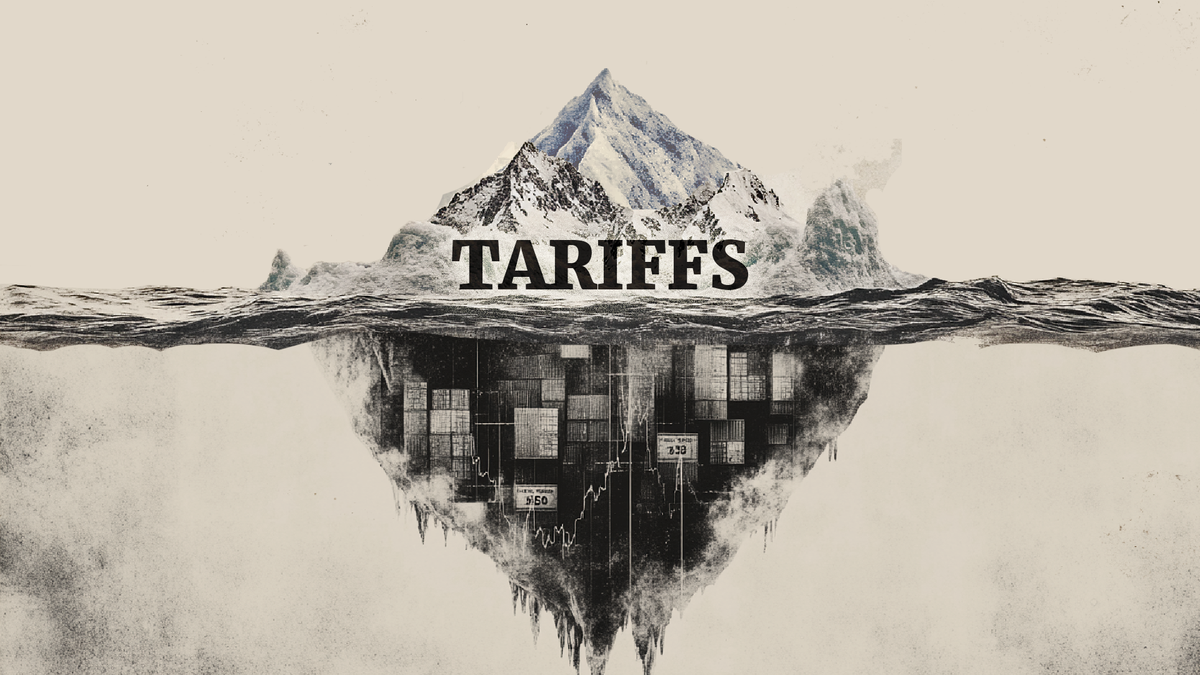Tariff concerns have eased – But not vanished

A combination of easing geopolitical concerns and resilient macro data has supported markets' risk sentiment over past weeks. The risk of Donald Trump resuming aggressive tariff hikes is still looming in the background, but for now it appears likely that the highest tariff rates announced on April's 'Liberation Day' will not be reinstated. While near-term concerns are easing, a sense of structural shift in investors' appetite for US assets is still lingering in the air.
Economic data has been surprisingly little affected by the trade war so far. Realized inflation has undershot expectations in the US and remained under control elsewhere in the developed world. Trade flows have seen rapid shifts as firms have adapted to the quickly evolving tariff landscape, but final demand has remained resilient for now. Labour market conditions have remained solid as well, as US nonfarm payrolls growth exceeded expectations at 147k in June, and the euro area unemployment rate remains around historic lows. Overall, US importers appear to have absorbed most of the tariff costs on their profit margins, although we do expect to see gradual pass-through to higher prices towards the fall. Read our latest update on the trade war outlook: Research US - July 9 unlikely to turn into a 'Liberation Day 2.0', 4 July, and our recent scenario report discussing the range of possible economic outcomes: Navigating the Uncertainty - Trade and foreign policy scenarios for a turbulent autumn, 26 June.
The US congress managed to pass the Senate's revised version of the "Big Beautiful Bill", which includes extensions to Trump's 2017 income tax cuts alongside various new enhancements to existing tax deductions. Part of the costs will be offset with steep cuts to the Medicaid system and by phasing out the IRA tax credits, but the bill is still set to boost deficits considerably over coming years. The Senate's version contains slightly less front-loaded stimulus compared to the House's original plan but will be more costly over the 10-year budget horizon, as cumulative deficits are set to increase by USD3.3 trillion.
Oil prices have fallen back below USD70/barrel after Iran opted for only limited retaliation against the US strikes on its nuclear enrichment facilities in June. While we expect the relationship between Iran and Israel to remain tense, the risk of near-term escalation appears to have faded for now.
Given the trade, fiscal and geopolitical uncertainties, central banks have kept their forward guidance cautious. The ECB cut its policy rates by 25bp in June as widely anticipated, but similar moves by the Riksbank and especially by the Norges Bank caught markets more off guard. Both the ECB and the Fed are set to remain on hold in July, but we expect them to resume cutting in September. We think that for the ECB, the September cut will be the final one, while the Fed still has more to do. Inflation in Japan remains elevated, but we do not expect a rate hike there in Japan as the central bank is concerned that the inflation could be temporary.
Author

Danske Research Team
Danske Bank A/S
Research is part of Danske Bank Markets and operate as Danske Bank's research department. The department monitors financial markets and economic trends of relevance to Danske Bank Markets and its clients.

















